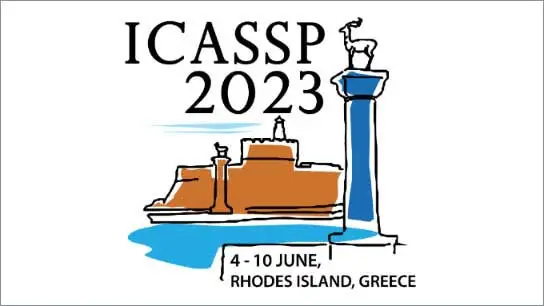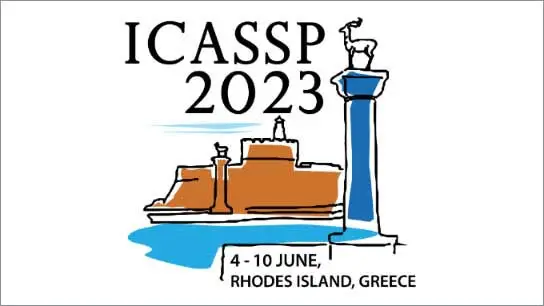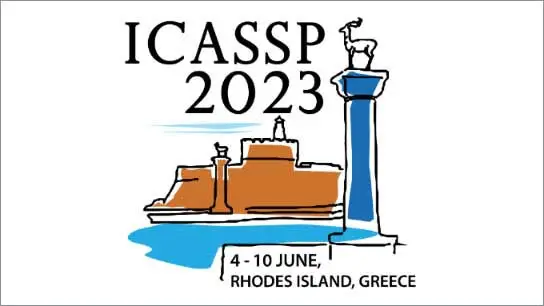SIGNAL RECONSTRUCTION FOR FMCW RADAR INTERFERENCE MITIGATION USING DEEP UNFOLDING
Jeroen Overdevest (NXP Semiconductors, Technical University of Eindhoven); Arie G.C. Koppelaar (NXP Semiconductors); Marco J.G. Bekooij (NXP Semiconductors); Jihwan Youn (Technical University of Eindhoven); Ruud J. G. van Sloun (Technical university of Eindhoven)
-
Members: FreeSPS
IEEE Members: $11.00
Non-members: $15.00
07 Jun 2023
Removal of frequency-modulated continuous wave (FMCW) interference by zeroing corrupted samples causes significant distortions and peak power losses in the range-Doppler map. Existing methods aim to diminish these distortions by utilizing data from one dimension to reconstruct the corrupted samples, which do not perform well when a large number of samples are interfered and have difficulty recovering weak target signals. In this paper, model-based deep learning interference mitigation algorithms, called ALISTA and ALFISTA, are presented that reduce these artifacts by leveraging the full integration gain using all uncorrupted fast-time and slow-time samples. Simulations with 50% corrupted samples show
that target peak power loss and velocity peak-to-sidelobe ratio (VPSR) with a 20-layer ALFISTA improves with 5.5 and 9.6 dB compared to zeroing. Furthermore, significant improvements in precision and recall are observed, even when
large amounts (50-80%) of samples are missing.



